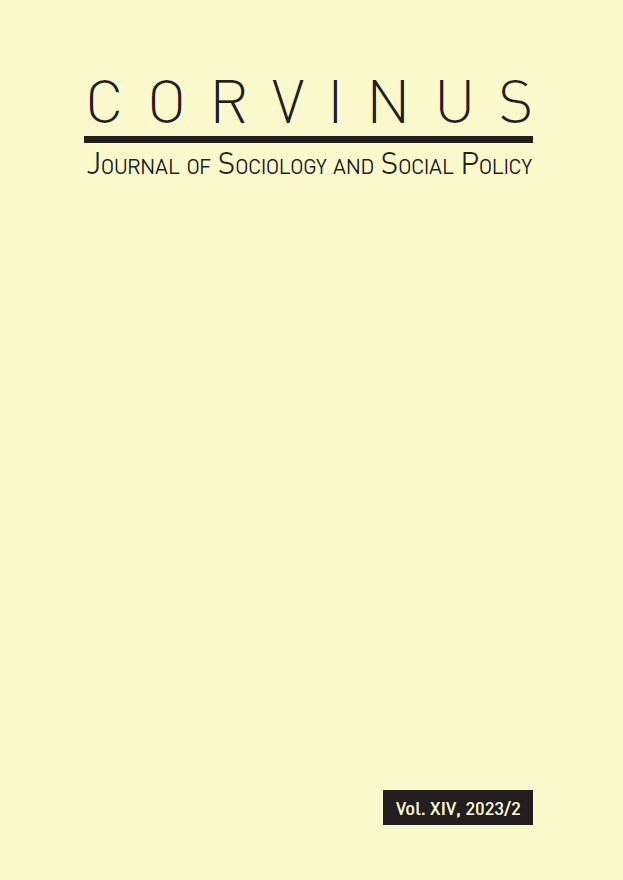COVID-19 Vaccine Hesitancy in Turkey: Conspiracy Beliefs, Fear and Stress
COVID-19 Vaccine Hesitancy in Turkey: Conspiracy Beliefs, Fear and Stress
Author(s): Mine Aydemir Dev, Onur Barca, Nuran Bayram Arlı, Veysel BozkurtSubject(s): Health and medicine and law, Identity of Collectives
Published by: Budapesti Corvinus Egyetem Szociológia Doktori Iskola
Keywords: COVID-19; vaccine hesitancy; vaccine conspiracy beliefs; fear; stress
Summary/Abstract: The aim of this study is to examine factors associated with COVID-19 vaccine hesitancy. An online survey was conducted to collect the data to be evaluated. The survey included demographic questions and four scales: vaccine hesitancy, fear of COVID-19, stress, and vaccine conspiracy beliefs. Four hundred and ninety-six people answered the survey in Turkey. A conceptual model was established and estimated with a structural equation model to explore the relationships. The findings identified a statistically significant direct effect on vaccine hesitancy of conspiracy beliefs, fear, and stress. Accordingly, it was concluded that individuals with a firm belief in vaccine conspiracies, high stress levels, and low fear of COVID-19 had high levels of vaccine hesitancy. This article suggests the importance of public access to accurate information and low stress levels.
Journal: Corvinus Journal of Sociology and Social Policy
- Issue Year: 14/2023
- Issue No: 2
- Page Range: 145-164
- Page Count: 20
- Language: English

